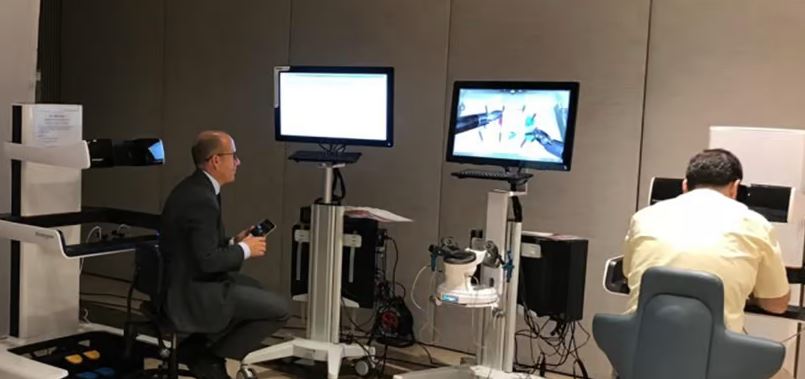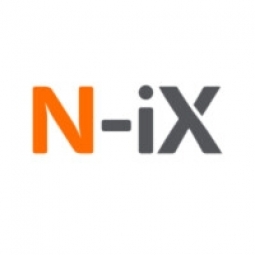Transfinity VR: A Seamless Integration of VR and Motion Platform
- Sensors - Infrared Sensors
- Wearables - Virtual Reality Glasses, Headsets & Controllers
- Product Research & Development
- Quality Assurance
- Immersive Analytics
- Virtual Reality
- Hardware Design & Engineering Services
- Testing & Certification
Virtec Attractions, a company specializing in dynamic 4D attractions and VR solutions, aimed to provide users with a new type of entertainment by combining an immersive demo experience with their Transfinity motion platform. The main challenge was to create a smooth, fully integrated VR experience with the motion platform that would not cause motion sickness or discomfort to users. Another challenge was the rapid development and change of VR devices. As soon as a more advanced headset was brought to market, the development team had to adjust the software to the new hardware. This constant need for adaptation and improvement posed a significant challenge.
Virtec Attractions has been working with N-iX since November 2015 to create a unique VR demo experience. The company specializes in dynamic 4D attractions and VR solutions. Their main goal was to provide users with a new type of entertainment by combining an immersive demo experience with their Transfinity motion platform. The demo provides Virtec Attraction’s audience with hyperrealistic content with impressive picture quality. Virtec Attractions can now reveal the potential of the Transfinity platform and offer their clients an immersive VR experience. They plan to expand the number of experiences on the Transfinity motion platform and introduce a multiplayer function to enable users to play simultaneously with 3-4 other people.
To overcome these challenges, the development team took several steps. They created a blockout world filled with detailed objects, defined the limits concerning polygon and the saturation of experience, and created immersive VR content. They also integrated the experience with custom-built hardware. As VR extended its capabilities and headsets became more advanced, the team switched from Oculus DK 2 to HTC Vive and integrated it with the motion platform. They also shifted from Unity to Unreal engine to enhance picture quality and realism. To ensure user comfort, they maintained an accurate frame rate and conducted regular tests to prevent motion sickness.
Related Case Studies.








